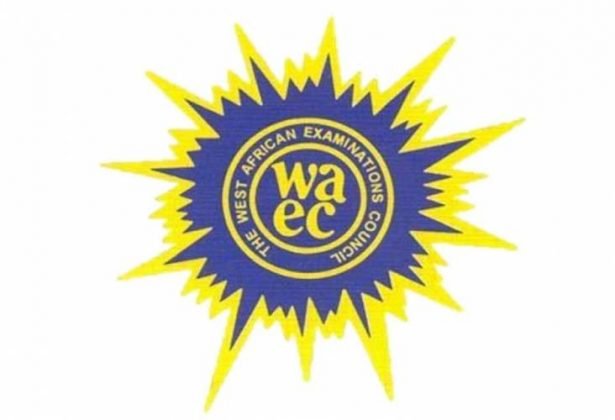Professionalising teaching will curb examination malpractice in Nigeria, according to Mr Jonathan Mbaakaa, Vice-Chairman, Board of the West Africa Examination Council (WAEC).
Mbaakaa made the remark at the maiden edition of the WAEC International summit on examination malpractice on Friday in Lagos.
The theme of the summit is “Examination Malpractice: ‘’The Contemporary Realities and Antidotes’’.
Mbaakaa is also the Nigeria’s Chief Government nominee on the board of the WAEC.
He said that the recent effort to register all teachers by the Teachers Registration Council of Nigeria (TRCN) was a major step taking by the Federal Government to professionalise teaching and give it credibility.
According to him, qualified teachers are better to deliver quality education and reduce examination malpractice among students.
Mbaakaa said that for one to be a professional, the ethics of the job must be adhered to and the readiness of teachers to put in the best for the students should be a priority.
He said that Federal Government had raised the minimum qualification required to teach in Nigeria from Grade two to the National Certificate in Education (NCE).
The vice-chairman of the board said that measures hadbrought sanity among individuals applying to be teachers.
He also said that government was working out the right incentives to encourage the teachers to put in their best in the discharge of their duty.
Mbaakaa said Nigerian government had also introduced entrepreneurial studies to reduce the emphasis on certificates, adding that the curriculum for the studies was learner’s friendly.
“All these are measures to reduce malpractice which has become a cankerworm that has eaten deep into the fabrics of Nigeria.
“Teachers have a role to play and monitor students while government, guardians and examination bodies need to ensure proper implementation of the curriculum,’’ he said.
Also speaking on the measures adopted to curb malpractice by the Government of Sierra Leone, Dr Mohammed Kamara, who is the Chief Government nominee of that country said many offenders had been prosecuted.
Kamara said that that various degree of punishment had been given to teachers, principals, examiners and agents for misconduct, aiding and abetting among other vices.
He also said that some culprits were sentenced to three years imprisonment or a fine of $4,000 to be paid within 21 to 30 days.
“There are still some cases pending in court.
“The ministry will continue to penalise teachers involved in examination malpractice,’’ Kamara said.
